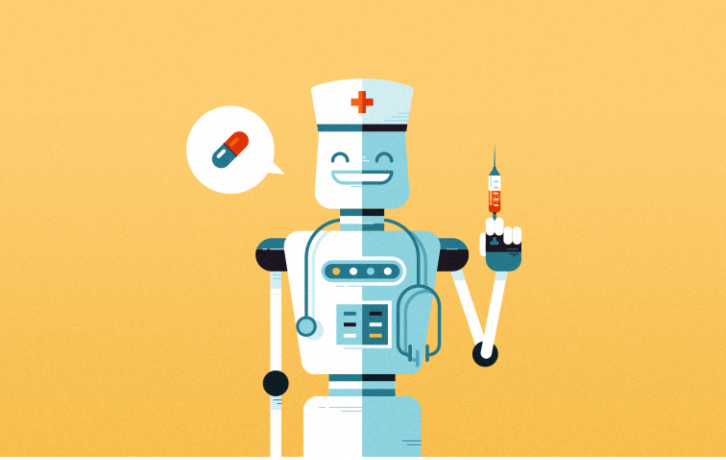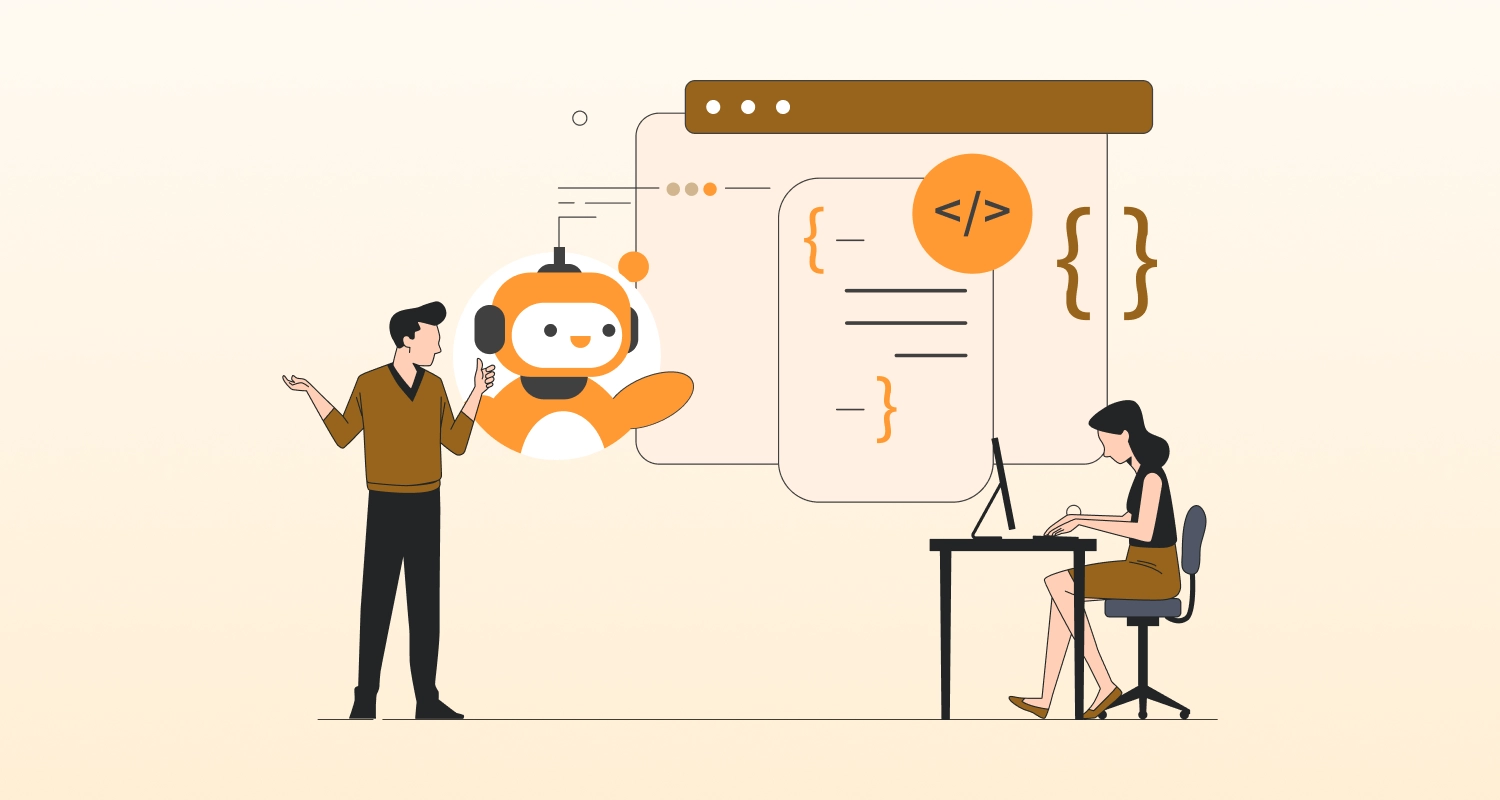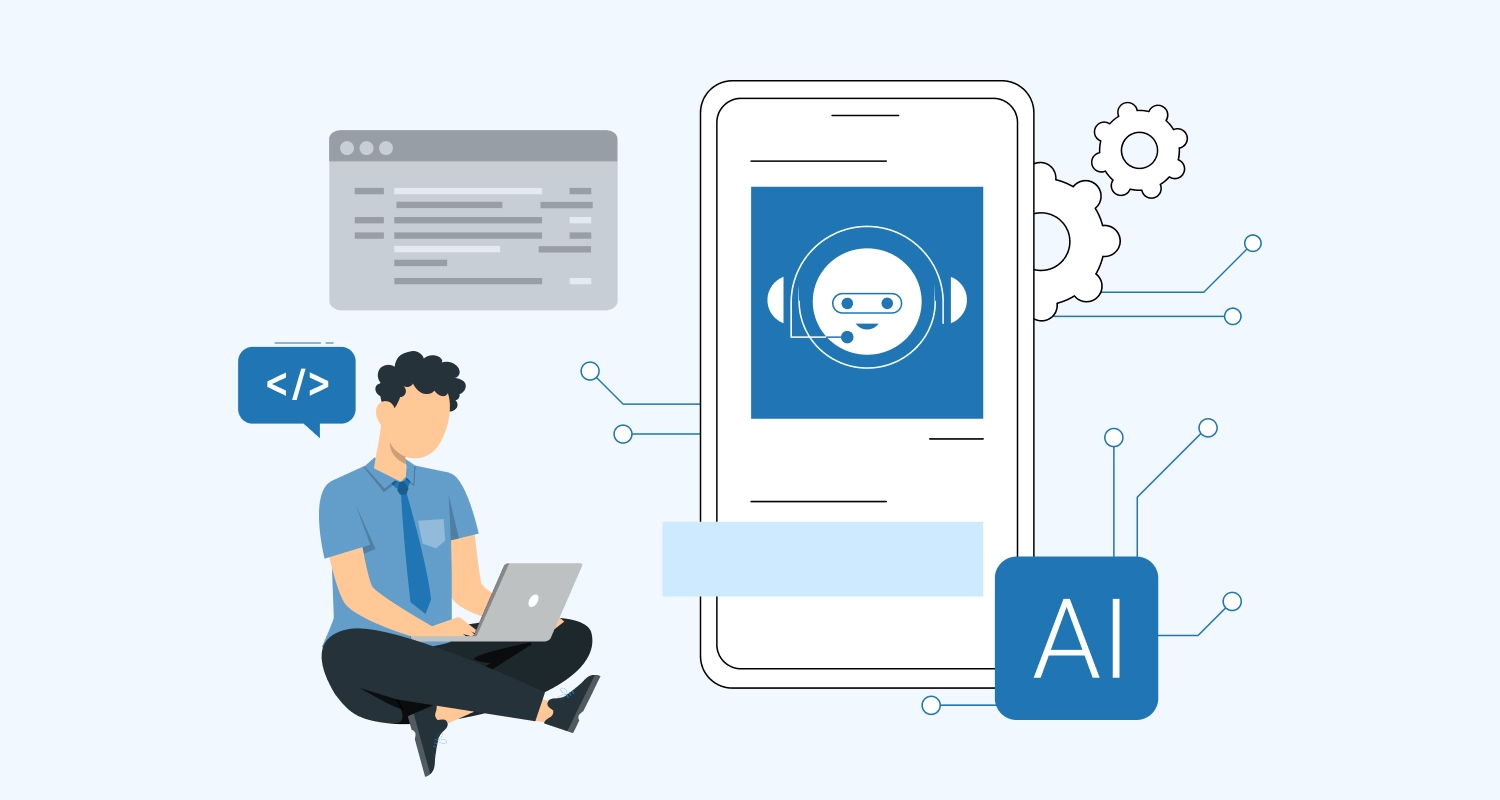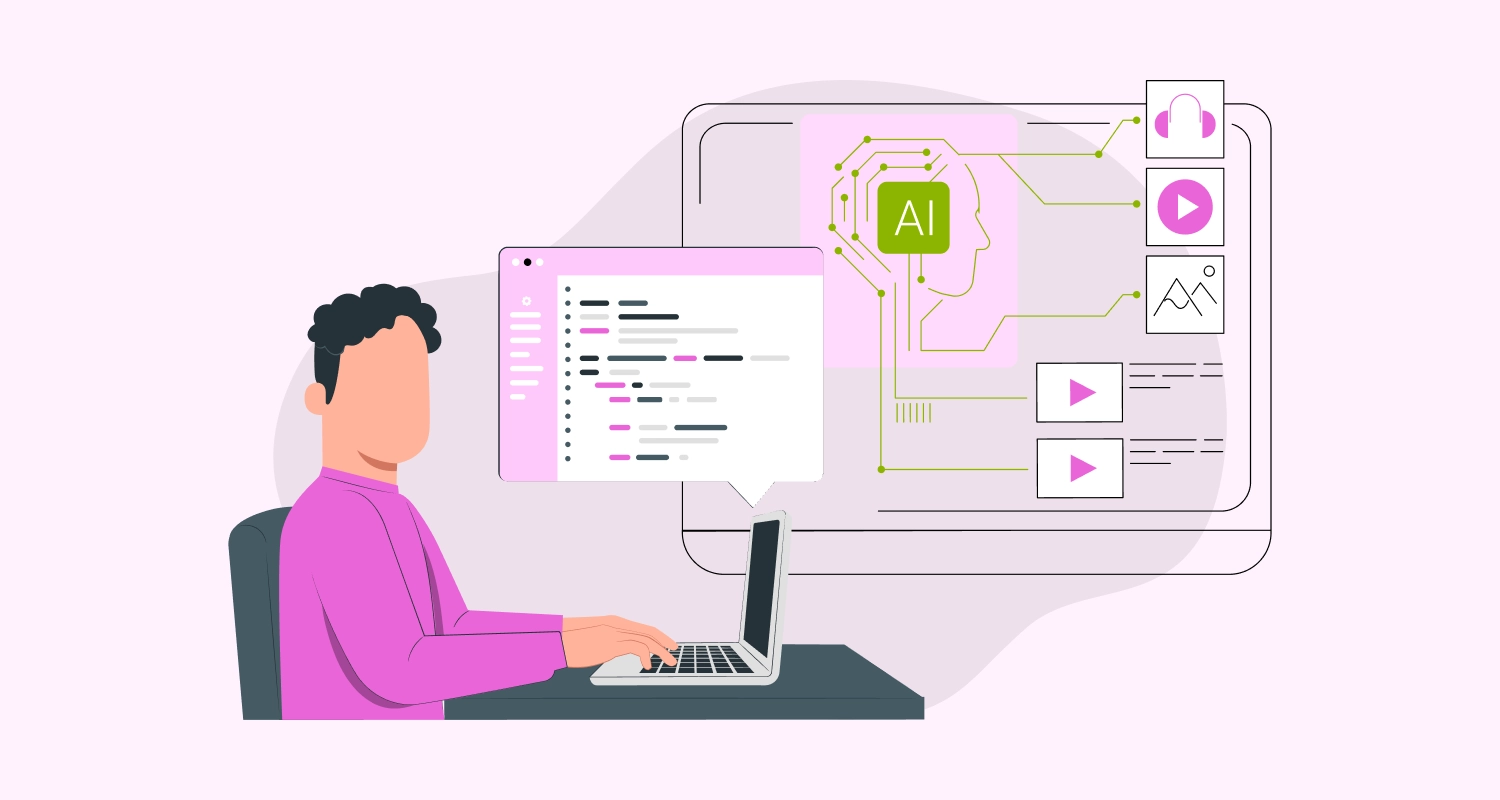Lime in many other fields artificial intelligence (AI) is continuing to transform the healthcare industry and medical treatment. AI as we already know makes the promise of creating intelligent automation for many business processes ensuring optimum productivity and efficiency. In the context of healthcare along with these aspects, AI is also playing a key role in saving the lives of people and improving their health.
With so much promise unfolded by the AI in healthcare, it is important to take a closer look at the various facets and areas of healthcare and pharma where the AI is showing the biggest promises. From medical professionals to patients to any leading Healthcare Software Development Company, the promise of AI is looming large to every stakeholder in the sector. Here we are going to explain these areas one by one.
Virtual Assistants
AI-based virtual assistants that are already being used across websites, gadgets, and mobile apps have also made their presence felt in the healthcare sector. For certain patients who have difficulties in moving around for their daily needs and carrying out daily activities, intelligent virtual assistants have emerged the most useful help. People suffering from Alzheimer’s disease can easily find help from intelligent virtual assistants coming with mobile and smart speaker platforms. For example, Alexa virtual assistants coming with Amazon Echo can help a patient with reminders about taking bath, medicines, or food.
Robotic Treatment
Helping patients in diverse medical situations with intelligent robots have emerged as a new trend. For example, some clinics are already using AI-powered robots in helping patients to recover after suffering a stroke. A robotic arm by using digital algorithms can detect the motions that patients are incapable of and accordingly helps patients to make those motions.
AI Guided Medical Diagnosis
AI is playing an instrumental role in improving the accuracy and precision of the medical diagnosis. Already FDA has approved such intelligent software that allows healthcare professionals to take ECG images of the heart of patients without having any specialized training for the same. Machine Learning technology which is a subset of AI is also being utilized to capture the high-quality ultrasound images of the heart and record the video clips.
Artificial Intelligence (AI) in multiple ways is helping the medical fraternity in diagnosing diseases based on patient symptoms and detecting anomalies. Many cancer cases are diagnosed at the advanced stages as the symptoms often remain undetected or are confused with other regular diseases. This is where AI can make a great help. An AI-powered platform is already being developed that can help to identify and detect the signs of cancer at the early stages.
Learn More: Key Principles and Trends for Building a User-Focused Healthcare Website
AI-based radiology and imaging techniques are now coming with a deeper interpretation of the medical images. For many cancer cases, AI is actively helping to reduce false-positive cases by using deep learning techniques and intelligent interpretation. It has already been established that for detecting skin cancers AI-based diagnostic solutions work great in coming with more precise results.
Another area in the area of medical diagnosis that is going to be hugely transformed is the mobile app-based diagnosis of medical conditions with the help of AI. For example, AI will allow mobile apps to scan the eyes and detect certain symptoms and the specially-abled touch interface will be able to gather data about the pulse rate and blood pressure rates that further can be analyzed by an AI-powered diagnostic app.
New Drug Discovery and Development
Multiple pharma brands and medical laboratories and research institutions are now using Artificial Intelligence to find new drugs and are achieving success in lowering the time and resources required for the new drug discovery and development processes. After the telemedicine apps swept the pharma sector in many countries, they are putting their next bet on AI-based drug discovery. In the age of artificial intelligence, pharma companies are trying to live up to the promise of faster drug discovery and quicker time to market for the drugs.
Efficient Clinical Trials
In most parts of the world, clinical trials for newly discovered drugs go through a very under-managed process with no integrated mechanism to keep track of the entire process and evaluation of the trial results more accurately. This is where AI has offered big promise in enhancing the capability to analyse results, finding anomalies, and detecting symptoms and side effects at different stages of the trials. Thanks to AI, clinical trials can now be carried out in a more professional and well organised manner besides improving the precision and accuracy of trial outcomes.
Comforting Patients
Some painful diseases and health conditions require distracting patient’s attention to something engaging and immersive. This is where the AI-driven simulated virtual reality can play a big role. The VR programs with intelligent simulations running on a bedside screen or on the screen of headgear can keep patients engaged and thus can distract his or her attention from the pain so that caregivers and the patient’s family members can be at ease.
AI-Driven Counselling
Psychological trauma and depression are common causes and outcomes that healthcare experts need to face in many patients in different contexts and situations. This is one area where AI-driven apps and solutions can play a great role in detecting certain behavioral attributes and patient tendencies. AI can help caregivers and healthcare staff find certain signs and symptoms triggering psychological problems in patients and can suggest appropriate behavioral therapies to help patients recover from such conditions.
Personalized Healthcare
Like many other fields, personalization thanks to the very nature of digital interfaces and technologies that have penetrated deep in the healthcare arena. Personalized healthcare and treatment is one of the key value propositions for modern healthcare facilities around the world. Personalized healthcare services are not just limited to individual communication to patients and caregiving processes, they are also going to change the way drugs are administered and treatment is planned for both chronic and life-threatening diseases.
With more rigorous data collection mechanisms working across healthcare facilities and clinics, AI-powered data-driven insights can empower the personalized treatment and medication approach more than ever before. Thanks to the large medical databases and other datasets that are going to be exposed to AI, gene analysis can allow the discovery of personalized medication.
The Challenges and Key Consideration for Embracing AI in Healthcare
In spite of the wide ranging benefits and awesome roles that AI is going to play for the healthcare industry as a whole, we must admit that the path to AI adoption is not going to be without challenges. There are regulatory aspects that can slow the pace of AI adoption and there is also the huge challenge of educating traditional healthcare professionals about the AI and its possibilities and promises.
FDA has already come with a regulatory framework for approving such AI-based medical applications and software solutions. But still, in many parts of the fast-paced testing and approval of such software applications looks to be improbable. Educating medical professionals with the attributes of AI-based medical tools and intelligent software applications is another big challenge. The last but not the least of all challenges is maintaining data security and privacy of user information as AI-based apps are likely to handle a lot of patient data.
Conclusion
One of the biggest beneficiaries of AI is going to be healthcare facilities and applications. Though healthcare AI is still at its very nascent state, in the years to come we can expect a rapid proliferation of this.












